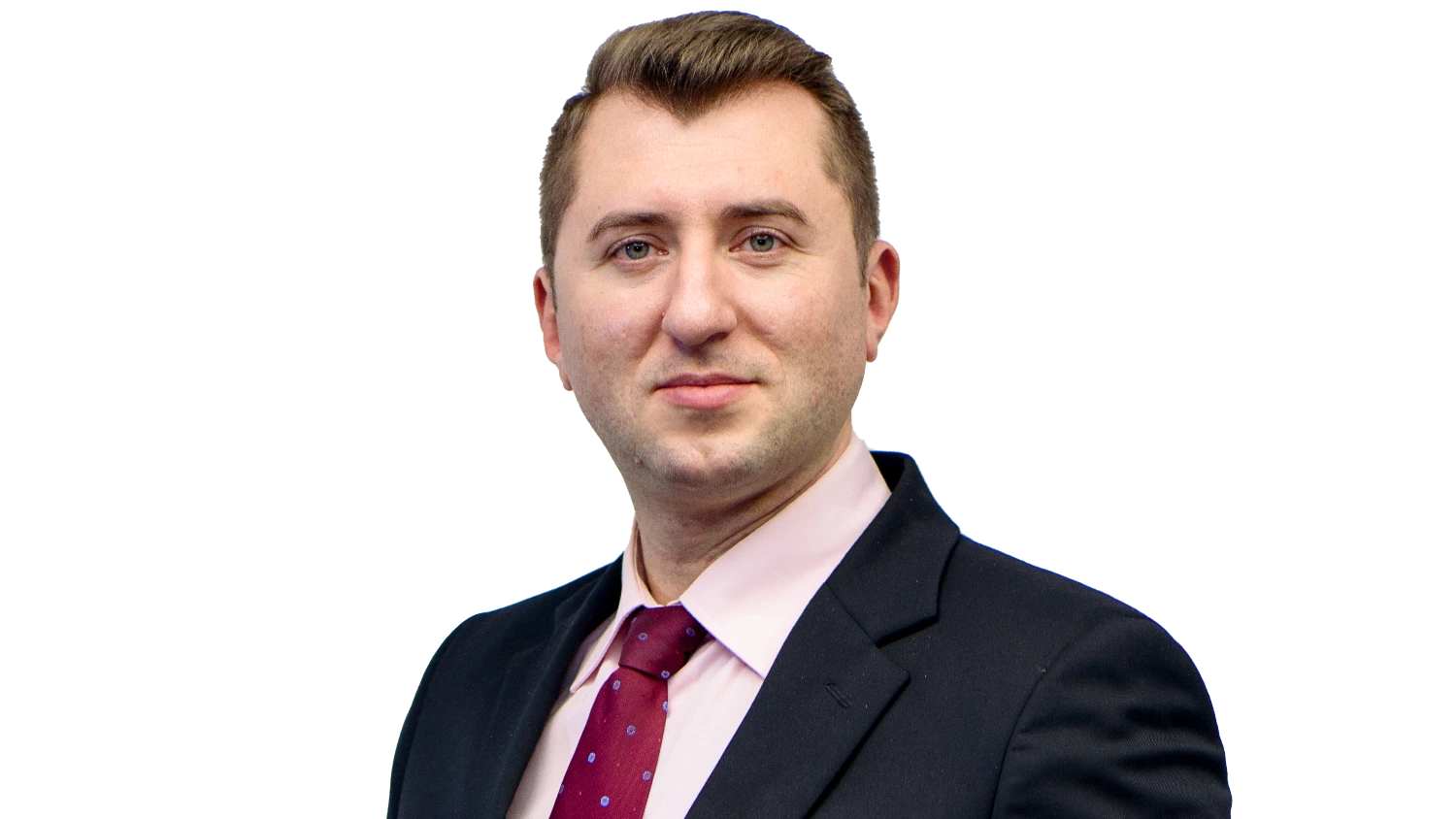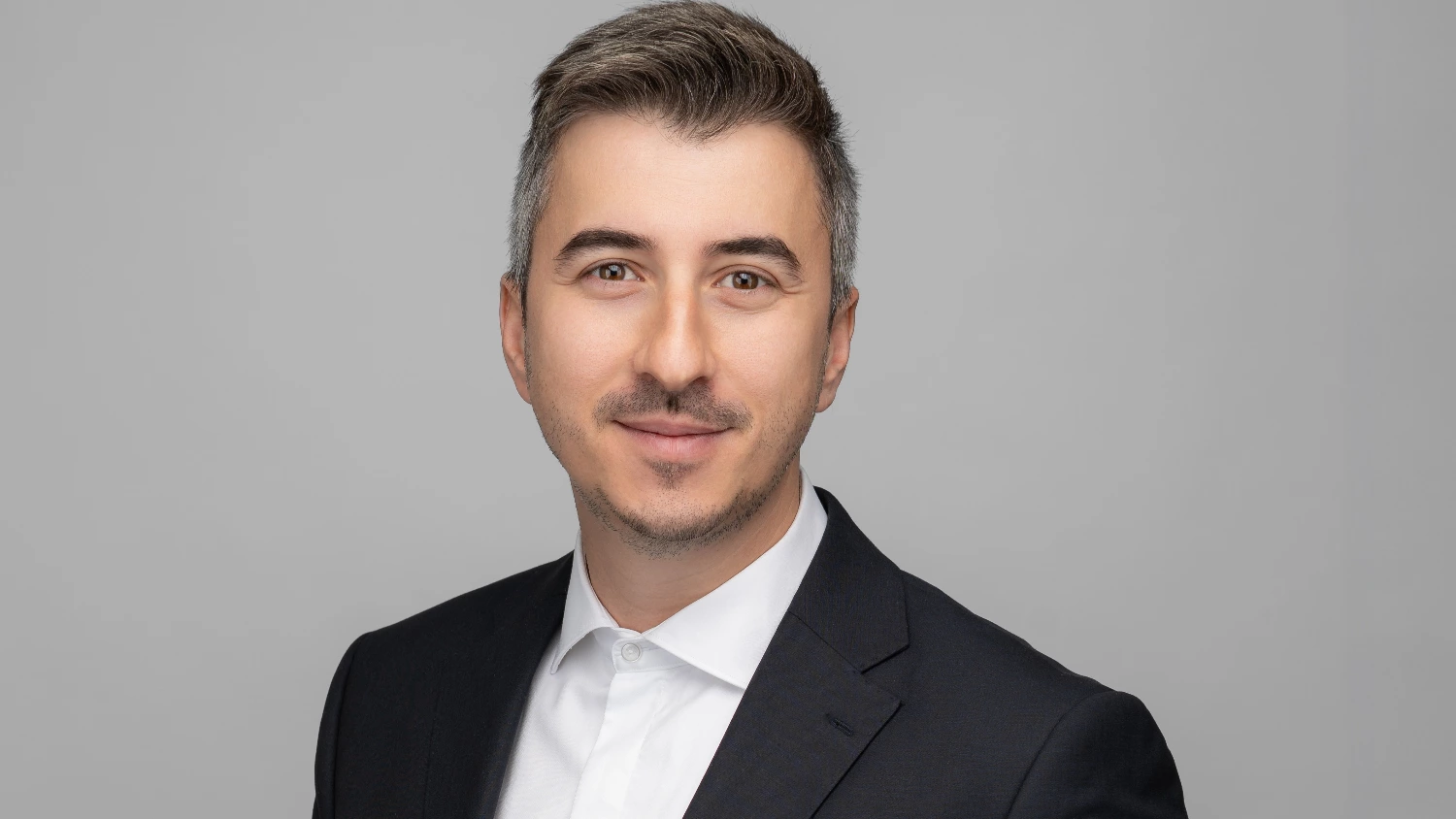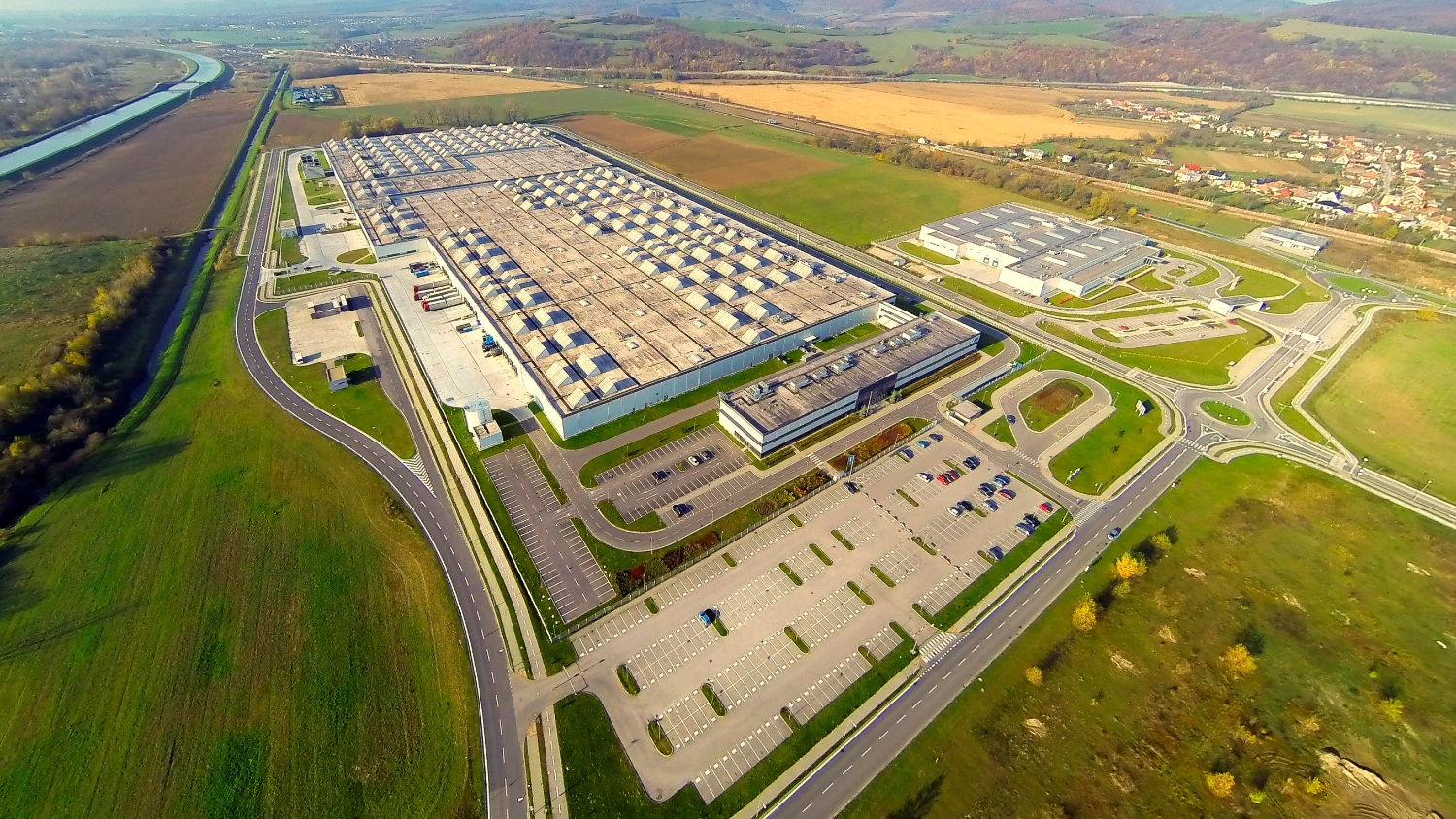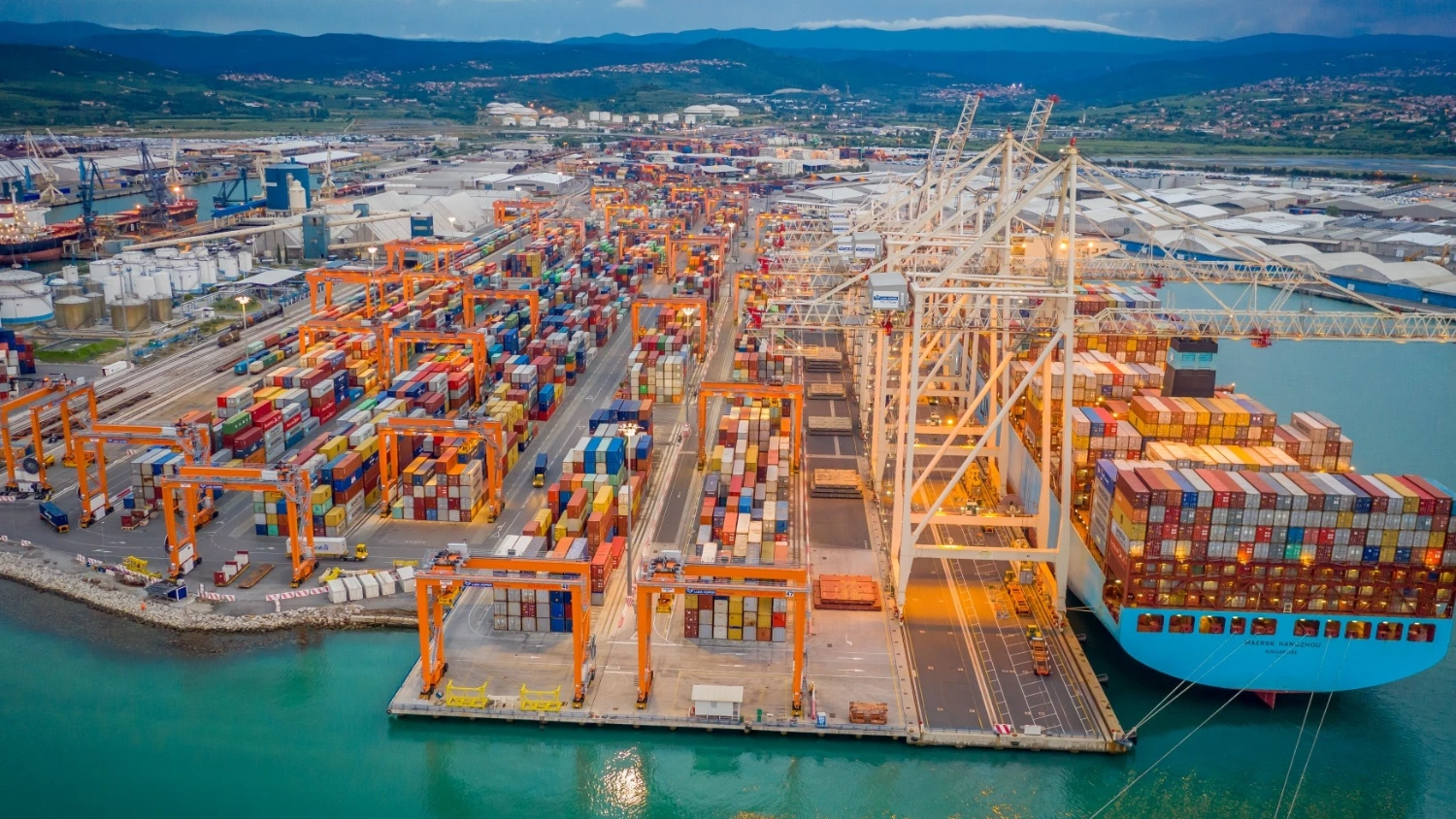The panel was chaired by Gabriel Marosi, Director of ESG & Risk Advisory, FSI, Deloitte. The participants, concentrating on financing a green revolution, unanimously highlighted the importance of reshaping lending practices, risk assessment, and investment portfolios. Some experts presented successful case studies of green financing initiatives. Most panellists agreed that we have insufficient regulatory frameworks, but were diverse in measuring the impact of their ESG commitments. All agreed that despite political changes in Europe and the United States no softening or reversal will appear in sustainable regulations.
To demonstrate changes in the attitude of financial institutions across Europe and Asia Ksenia Brockmann, Head of Green Financial Systems (GFS), Central Asia, Caucasus & Turkey, EBRD cited a survey conducted first in 2001. More than 300 financial institutions were asked about the importance of climate change on the business. The knowledge and awareness level was very low. Though banks were concerned about climate change and had some ESG strategies, but most considered climate change a lower risk. EBRD repeated this survey this year and it turned out that banks had a completely different approach: they were overwhelmingly positive, noting that they had already measured the impact. She added that 14 per cent of banks were already applying climate risk assessment methodologies and examining the climate risk profile of companies.
„We have a valuation model that consists of an ESG-risk assessment. We examine whether the given building can survive extreme heat or flood. We also categorise our portfolio regarding the access of the buildings and think that a metro-linked property in the city centre earns higher points compared to one without any public transport connection” Stefan Predorf, Head of GCRE Business Development and Execution, Erste Group Bank AG argued.
Touching on the topic of decarbonisation he expressed doughts that Erste Group would reach a 50 per cent reduction in 2030 as planned earlier, though it makes all necessary decisions as a member of Net Zero Alliance of banks. „I think, it is highly dependent on politicians and decisions which are made on higher levels”, he said.
Erste Group widely use energy-performing certificates and he said the Group was very tough on that issue. It had rejected a loan appeal because of the insufficient ESG performance of a particular building. He also said that the Group is in favour of issuing green bonds to have more sustainable finance in the real estate market.
Joining the topic of green bonds Honorata Fijalka, Principal, Concordiste cited the success of this instrument in Poland and Romania. However, she also pointed out that not all clients understand the very meaning of those bonds. Some say it is a good tool but a relatively high number rejects any such method of getting extra financial resources, she added. She said that more funds were looking for chances to invest in the residential sector as energy-efficient buildings are attractive for young people, but due to strict regulations, it was not yet possible to finance those projects.
Gergely Pókos, Managing Director, Green Program Directorate, OTP Bank highlighted the importance of green bonds as well but was critical about the pipeline of property developments across the CEE region where the Group is mostly active.
„There is enough liquidity on the market but we do not see really good projects enough. There is no environmental sustainability without economic sustainability. A project doesn't only need to be green, it needs to be economically viable also and it works vice versa” – he stressed, adding that the building stock is getting greener but the portion of green buildings is still very low across the region. He also spoke about the activity of international banks in Uzbekistan, including OTP Group. They realised that because of the construction boom in the country, there was a great need for green financing and surprisingly the local partners's awareness of climate change was very high.
„We also work with EBRD and the Asian Infrastructure Investment Bank there. Their mindset is very much geared towards investing sustainably in infrastructure. Now this goes not only for the real estate sector. They also invest a lot in energy and transportation infrastructure as they are building up different elements of the infrastructure in that particular country, and this goes for the whole region.”
Katsiaryna Souvandjiev, ESG Funding and Innovation Lead, Raiffeisen Bank International AG underlined the importance of defining who is benefiting from the good practice of ESG. She said that the Social component is not explored enough and urgent data confirmation is needed to find new investment opportunities. Among them are the carehouses and other forms of senior living as demographic figures show a growing demand for such properties all over Europe.
Private investors and property developers are already active in this field in many West European countries but most of the CEE region is still behind. Moreover, in our region, the majority of elderly people get much lower income so they desperately need affordable social housing. Changing central regulations may encourage the private sector including banks to start such projects, she added.














